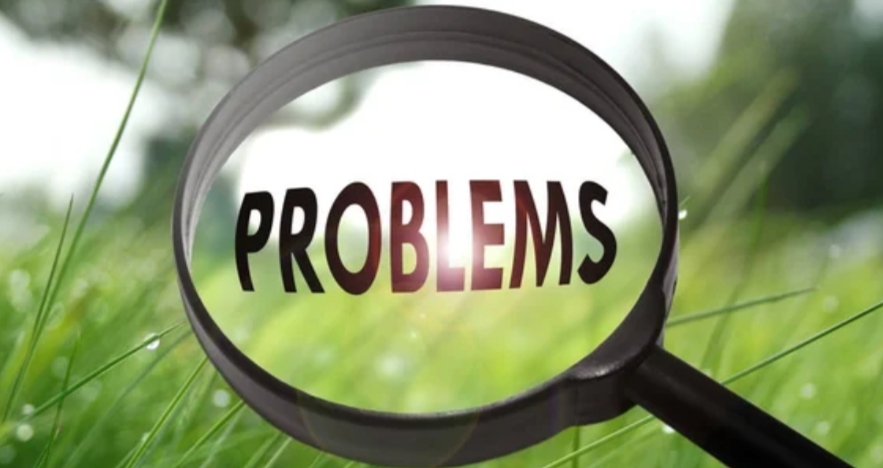
In today’s fast-paced world, it often feels like we are constantly chasing after something. Whether it’s success, money, material possessions, or societal approval, we are conditioned to be always on the move. Trying to stay ahead of the curve. This relentless pursuit has come to be known as the ‘rat race’. This term aptly describes the constant competition and pressure to perform that many of us experience on a daily basis.
But have you ever stopped to wonder why we are so deeply entrenched in this cycle of competition and comparison? Why do we feel the need to constantly prove ourselves and live up to external standards of success and achievement? The answer lies in the fact that we‘re conditioned to stay in the rat race from a very young age.
How we are conditioned to stay in a rat race?
From the moment we are born, we are bombarded with messages from society about what it means to be successful and how we should measure our worth. We are conditioned to think that success is defined by external markers such as wealth, status, and power. Failure is something to be feared and avoided at all costs. These messages are reinforced by our education system, our workplaces, and the media. These messages create a culture of competition and comparison that permeates every aspect of our lives.
Our conditioning to stay in the rat race is further perpetuated by the fear of missing out. We are constantly bombarded with images of other people’s seemingly perfect lives on social media, creating a sense of inadequacy and a need to keep up with others. This fear of missing out drives us to work harder, spend more, and constantly strive for more, perpetuating the cycle of competition and comparison.
But what many of us fail to realize is that the rat race is a mindset, not a reality. Success and happiness are not defined by external markers of achievement, but by our own internal values and goals. It’s important to remember that true success comes from living a life that is authentic and meaningful to us, not from chasing after external validation and approval.
How to break free from it?
Breaking free from the conditioning to stay in the rat race requires a shift in mindset and a commitment to living life on our own terms. It means redefining success on our own terms, setting boundaries and priorities that align with our values. Also, learning to let go of the need to constantly compare ourselves to others.
Ultimately, we are not defined by our achievements or our possessions, but by the depth of our relationships, the impact we have on others, and the joy and fulfillment we experience in our everyday lives. It’s time to break free from the rat race and embrace a life that is truly our own.









